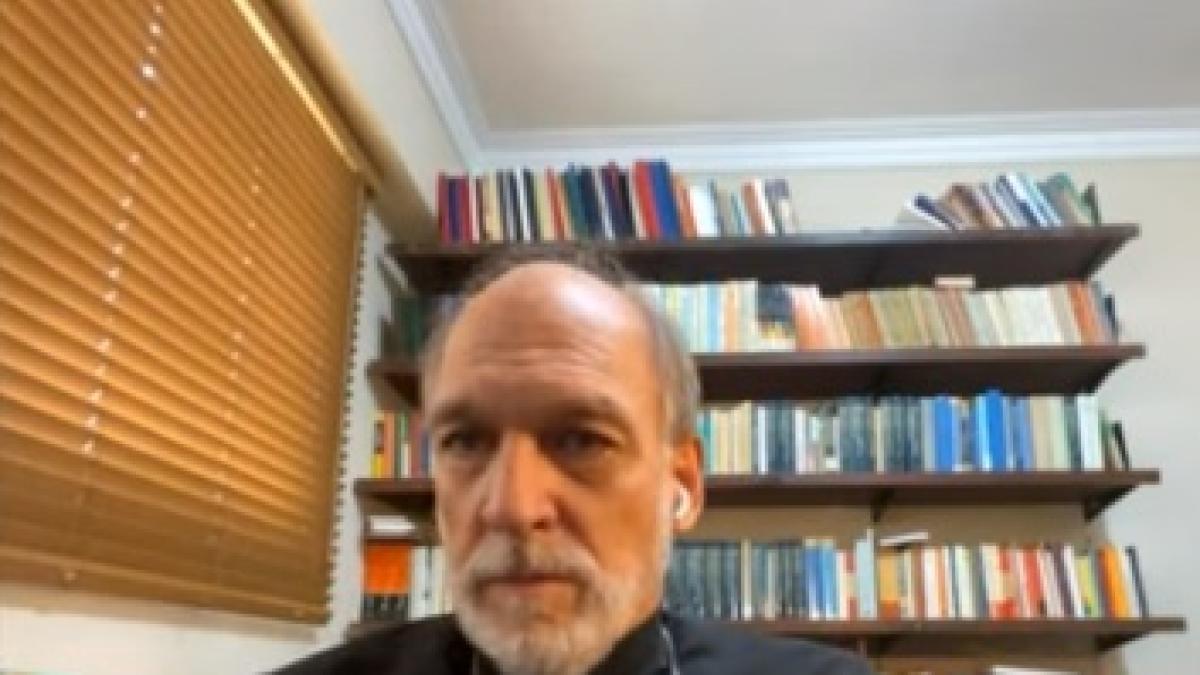Vatican Doctrine Office Accused of Promoting Modernist Agenda
Bishop Emeritus of the Dominican Republic, Víctor Masalles, has come out against a recent document released by the Vatican doctrine office, which allows priests to bless couples who are not married in the Catholic Church and those who are homosexuals. Masalles believes this forms part of an “agenda of modernism that is expanding” within the Catholic Church.
In an interview with José Plascencia on “The Faith of the Church,” Masalles expressed his concerns about the document, stating that it seeks to “eliminate homosexuality as a sin and change the doctrine.” He also accused the document of aligning with the LGBT agenda promoted by the German conference, Berga, and Lucemburg.
Masalles strongly opposes the idea of blessing sin, noting that while the purpose of the blessing is to make people feel good, it should ultimately be oriented towards things and people, seeking the good for which they were intended.
If he were in charge of a diocese, Masalles stated that he would prohibit this type of blessing and expressed his desire for all congregations to oppose the document.
The bishop also criticized Pope Francis’ advisors, suggesting that the lack of transparent advisors has led to a church that seeks justice unequally and punishes those who are in opposition to the doctrine expressed by the Pope. Masalles himself was invited to resign from his position as bishop of the diocese of Baní, under unclear circumstances, which he described as painful and hurtful.
In conclusion, Masalles highlighted the multiple crises facing the Catholic Church, including issues of faith, credibility, the crisis of inclusion, and the crisis of Christian identity. However, he remains committed to the Church and refuses to renounce it in the face of these challenges.
